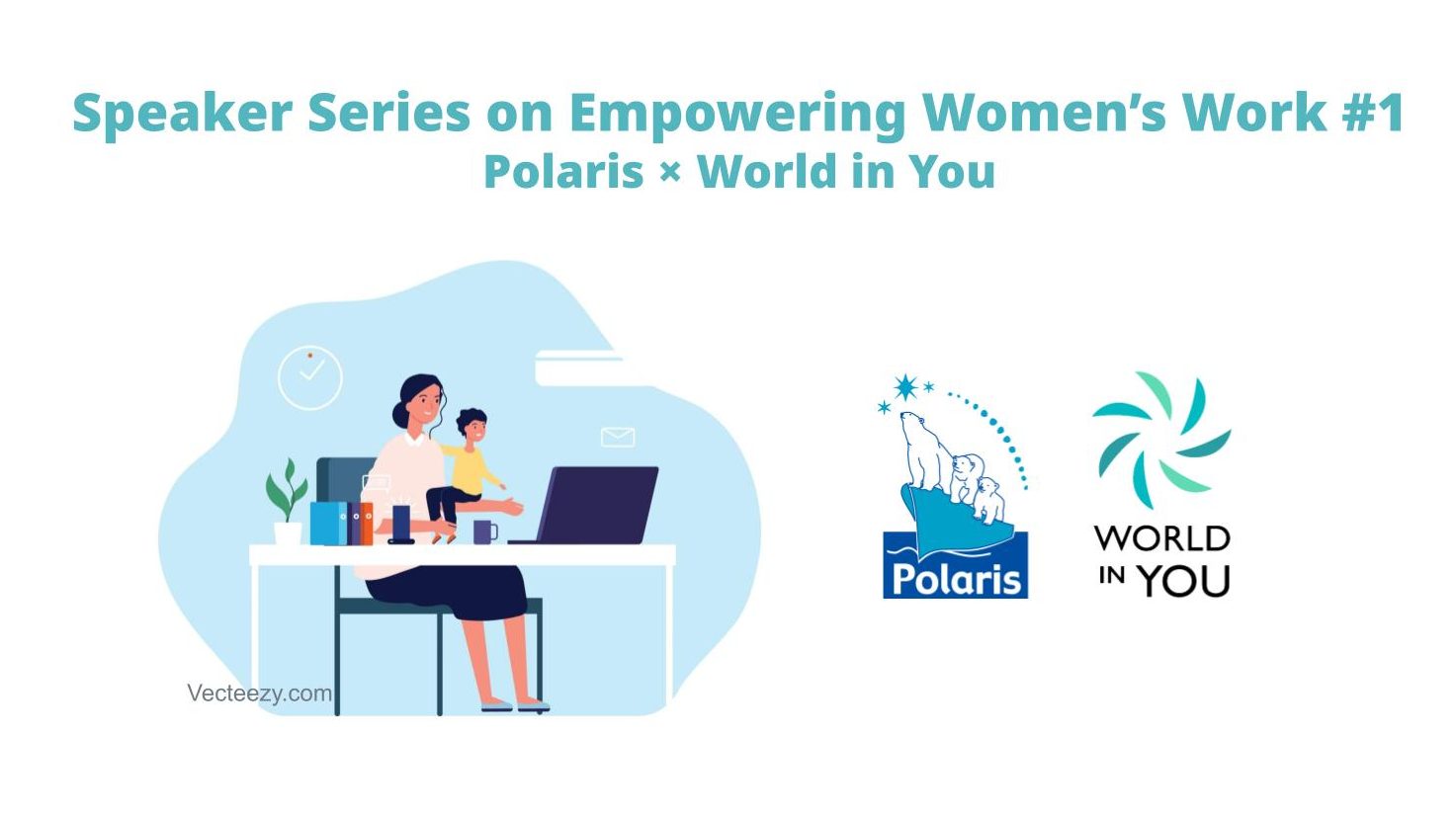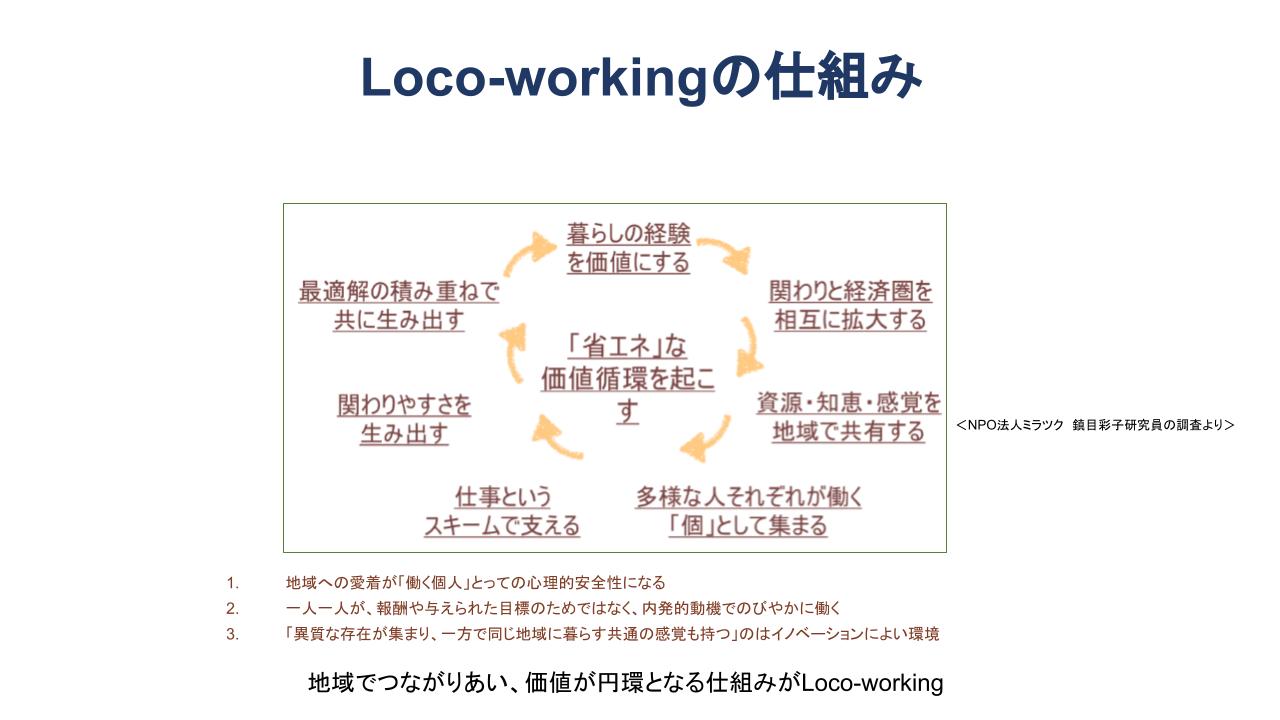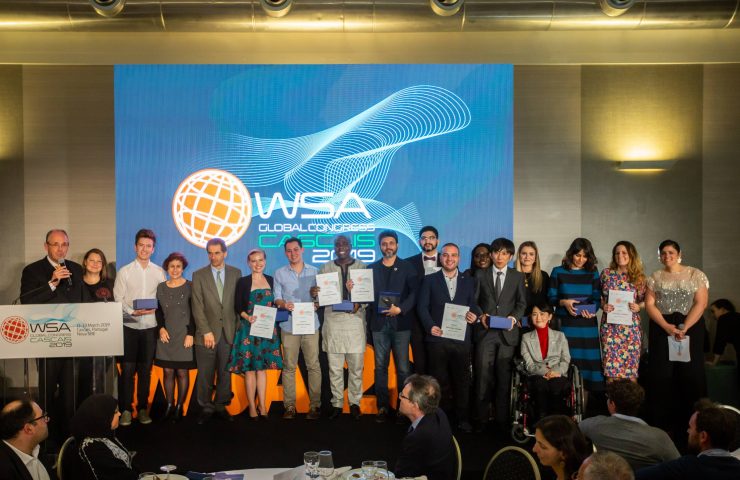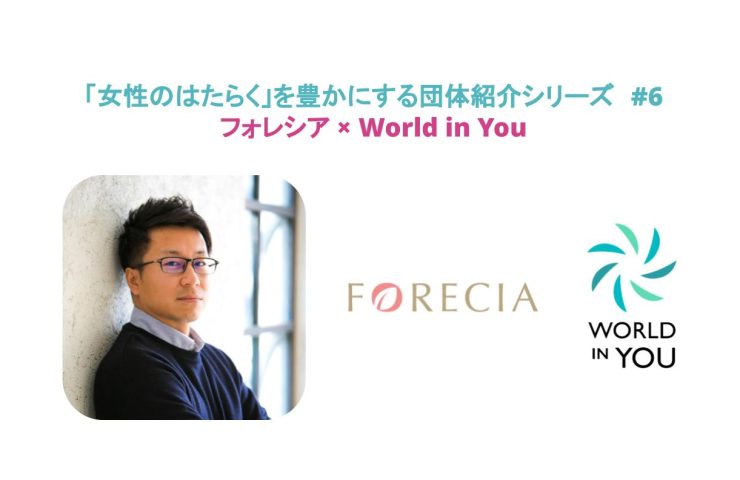Integrating Work and Life, Creating a Community where Everyone Shines and Values Circulate- Polaris Co., Ltd.

World in You × Org series interview mission-driven organizations working to address various social issues. We will first feature several organizations empowering women in the workplace.
This article is a summary of the interview. For the complete interview, please visit our YouTube channel. (YouTube is in Japanese.)
Our first interview features the founder of the non-profit corporation Polaris, Nozomi Ichikawa, and the current representative, Masami Otsuki.
(Interviewer: Yuko Mishiro, original Japanese article written by Mio Yamamoto, summarized and translated by Tomoko Hamaji )
Futuristic Work Style: Shaping Tomorrow's Norms
Polaris is a non-profit corporation that aims to create the working style of the future. The founder, after leaving the workforce due to childbirth, found a new role by getting involved in a childcare support NPO. Polaris emphasizes teamwork and creates an environment where members accept and leverage each other. For example, during the office relocation, they collectively painted the walls and built desks.
Five Co-founders, 200 Contracted Members
With the five co-founders utilizing their individual strengths, Polaris has expanded its business. Instead of employing people, they involve approximately 200 members through contracted work, enabling a flexible way of working.
Transition from Founder-led to Followership Management
From its inception, Polaris had the intention to change the representative as the organization grew. Moving away from a founder-led era, they aim for a more participatory and flat organization. In 2016, they transferred the representative role to Ms. Otsuki and have been practicing followership management.
Harmonizing Profitability and Social Impact in Business
Polaris tackles the societal issue of "difficulty in working" and sees achieving both business value and social value as its mission. In their self-operated projects, they are involved in services like CoHana, which provides support for accompanying business, and community building in towns. Through commissioned projects, they plan and operate third-place community spaces in partnership with large companies. In their "Kurashi no Kūki (Concierge for local community information)" project, they provide a service where local childcare experiences share information about the town. Additionally, through their learning project "Jiyū Nana Ka (Seven Courses of Liberal Arts)," they provide knowledge about diverse working styles.
Blending 'Living' and 'Working'
"Loco-working" aims to connect "living" and "working" and promotes community engagement, particularly in the context of the COVID-19 pandemic, which has seen an increase in remote work and changes in local communities. "Loco-working" is a combination of "Local," "Co-" (together), and "Working," emphasizing a sense of attachment to the local community and collaborative participation. Through a sustainable circular economy, it strives to nurture diverse working styles and create new value, fostering greater attachment to the community and contributing to a new form of capitalism.

(Extracted from the presentation material of Polaris)
Transforming Challenges into Value Creation
Polaris considers converting challenges into value as a crucial point when creating businesses. They leverage the experiences of women who took career breaks for childcare and view the career gap period as part of their business. They also pay attention to details, such as being mindful of their language use and avoiding the term "mom."
The Management Style of a Non-profit Corporation
Being a non-profit corporation, Polaris is registered as a regular corporation with provisions for reinvesting profits and donating upon dissolution. This choice was made to accurately convey their business value and facilitate prompt decision-making. By including "non-profit" in their name, they can engage in socially significant projects and have an impact on both the market and society.
NorthStar Doesn't Move but Changes
Polaris (the North Star) is a symbol of constancy and variability. Just as the North Star has changed in the past and will change in the future, Polaris embraces organizational and business changes. While preserving their beliefs, they see Polaris itself as a social experiment and strive to pursue business outcomes.
Q&A
― What thoughts and convictions does the current representative, Otsuki-san, have as you engage in your work today?
(Otsuki)
The essence of Polaris lies in the belief that it's not about doing things alone but achieving them with someone. Over the past ten years since its establishment, with an increasing variety of work styles to choose from, Polaris has needed to continue to be an organization where people can find something interesting and different. I maintain a healthy sense of tension in this regard. I strive to make it so that in any project, one can easily express themselves.
― While it seems ideal to manage as a team, leverage career gaps, and integrate work and life, do you encounter any challenges?
(Otsuki)
How much one works and prioritizes their personal life can be challenging without a personal foundation. There's a tendency to overwork or endure without it. It's crucial to create an environment where outsourced team members can face what they want now and express it themselves.
(Ichikawa)
We want to accommodate individuality, but there is a conflict with the lack of scalability and business viability when doing so. Nevertheless, we make an effort to invest time and resources in accommodating individual needs.
― What are the expectations and relationships between Polaris and major companies in commissioned projects?
(Otsuki)
We often work with the personnel responsible for new business ventures, and as we draw a shared vision, the project often becomes clearer. The journey can sometimes be challenging and chaotic, akin to a thorny path. We always aim to make it a positive experience.
(Ichikawa)
Those involved in new business ventures often have a mission and strong dedication, and they are like partners who are willing to confront the complexities of Polaris.
― Over the past 10 years, what do you feel you have particularly embodied in terms of "creating the ordinary"?
(Otsuki)
There has been a shift in society, and it has become commonplace not to be bound to a specific workplace. With COVID, remote work has become the norm for both men and women, and I believe it's significant for people to experience the reality of working from home. However, it's not just about being able to work from home; it's about recognizing the importance of the working structure and environment.
(Ichikawa)
When we first established the company and promoted "living and working comfortably," we received criticism with remarks like "work is not supposed to be like that." However, over the past 10 years, the essence of "comfort" has become more understandable, and issues related to the relationship between individuals and the organization have become more manageable, thanks to the growing focus on well-being and healthy management.
―What would you like to focus on and work on in the future?
(Otsuki)
I would like to work with a wider range of people, so the challenge is how to grow the business in an outsourced format. I want to delve further into questions such as what constitutes a good way of working and what the organization can do to support its members.
(Ichikawa)
As the transition from a membership-based model to a job-based model progresses, there are many real-world considerations, such as how people who are spatially separated, have diverse lifestyles, values, and assumptions, can work together. This includes aspects like management, evaluation, treatment, cost-sharing, and communication. These are challenges Polaris has faced in the past. We may be able to contribute to organizations aiming to work with diverse individuals in diverse ways in the future. I have a strong interest in how people relate to organizations and how they can overcome barriers.
― When you have 200 people under contract, there might be challenges in maintaining a sense of involvement and ownership. How do you plan to address this?
(Ichikawa)
We want to figure out how various elements can come together and work cohesively. As a founder, I also want to contribute Polaris's achievements to society.
― Polaris has primarily focused on urban areas in the past. Do you see any ways in which this experience can be applied to rural areas?
(Ichikawa)
In urban and rural areas, there are differences in the number of choices and underlying conditions. In rural areas, we may know who lives where, but we might not know what that person truly wants. Through discussions and events that Polaris has held, we can bridge that gap.
(Otsuki)
The "constraints" faced by people in rural areas are similar to the issues we addressed when we founded Polaris. I believe we can propose choices in work styles and address these challenges in the future.
― After experiencing Loco-working, what percentage of people were able to start their own businesses, return to their careers, or maintain and expand their working capabilities?
(Otsuki)
After going through Polaris, about 20-30% of individuals seek employment or entrepreneurship to increase their income or work more.
(Ichikawa)
The impact may be more on overall life satisfaction, alleviating anxiety and impatience, rather than solely on career. We've seen an increase in members engaging in side businesses, which also contributes to their outcomes. Many of our members are seeking future endeavors, relaxation, and connections with others, rather than just income.
― In the current challenging environment, are you taking any initiatives for single parents?
(Otsuki)
We are not specifically targeting single parents in our job listings, but we do have single parents who have entered our business.
(Ichikawa)
We are not providing direct welfare or support, but we aim to create many jobs related to the community. Mothers can work in these roles, and their children can naturally become connected to these activities. We also hope to collaborate with specialists and provide opportunities for single parents in the community.
・・・・・・・・・・・・・・・・・・・・・・・・・・・・・・
▼Please tell us your "world in you”!
"World in You" here means "How do you want to spend your time and life? How do you want to connect/interact with the world and society through your life?" Please use this form to tell us what you think.














